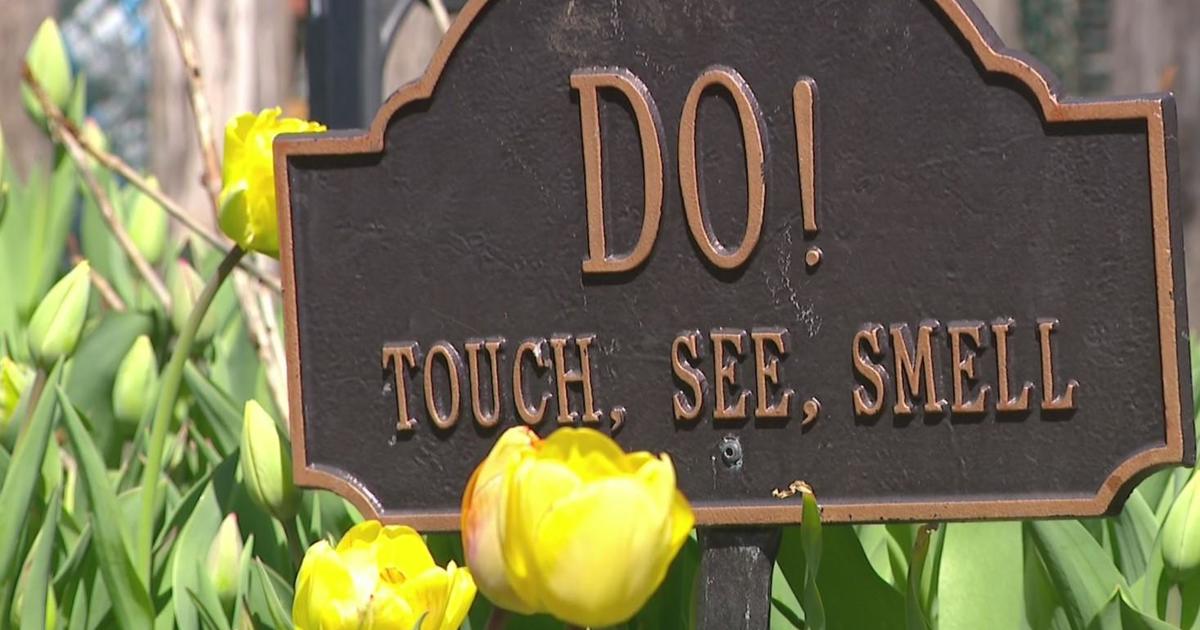Daylight Saving Time Could Impact Your Health, Experts Say
MINNEAPOLIS (WCCO) -- It is almost that time of year again.
Daylight saving time is Sunday, which means we spring forward overnight. Clocks will be set ahead by one hour Sunday, which means you lose one hour of sleep.
While many of us look forward to springtime, the loss of an hour of sleep is inconvenient. But experts say it's more than that.
"The day after we spring ahead heart attack levels rise in 49 of the 50 states and the other thing that's really interesting is car accidents levels have this huge bump or increase," Dr. Richard Blackburn said.
Blackburn is a sleep psychologist at Regions Hospital Sleep Health Care Center in Maplewood. He says the issue with losing an hour of sleep is that Americans are already sleep deprived.
"Back in the 1960s, people were averaging around nine hours of sleep a night and then as you go forward we're down now to where the average is somewhere between six and a half and seven hours," Blackburn said.
Part of that problem, he said, is technology. To lessen the impact of daylight saving and to get better sleep, there's an easy tool on your phone.
IPhone users can set the "Night Shift" mode to automatically turn on around bedtime. It removes blue light on your screen, which helps lessen the light's effect on the brain releasing melatonin.
"It minimizes the impact that electronic devices have on our sleep," Blackburn said.
Staying away from alcohol and caffeine the night before a time change will also help.
Or, move to Arizona or Hawaii -- the only states that don't take part in springing ahead.
"The part you get into are the energy savings versus the impact that it has on people and their sleep and their health," Blackburn said, "and a lot of times the energy part wins out."



